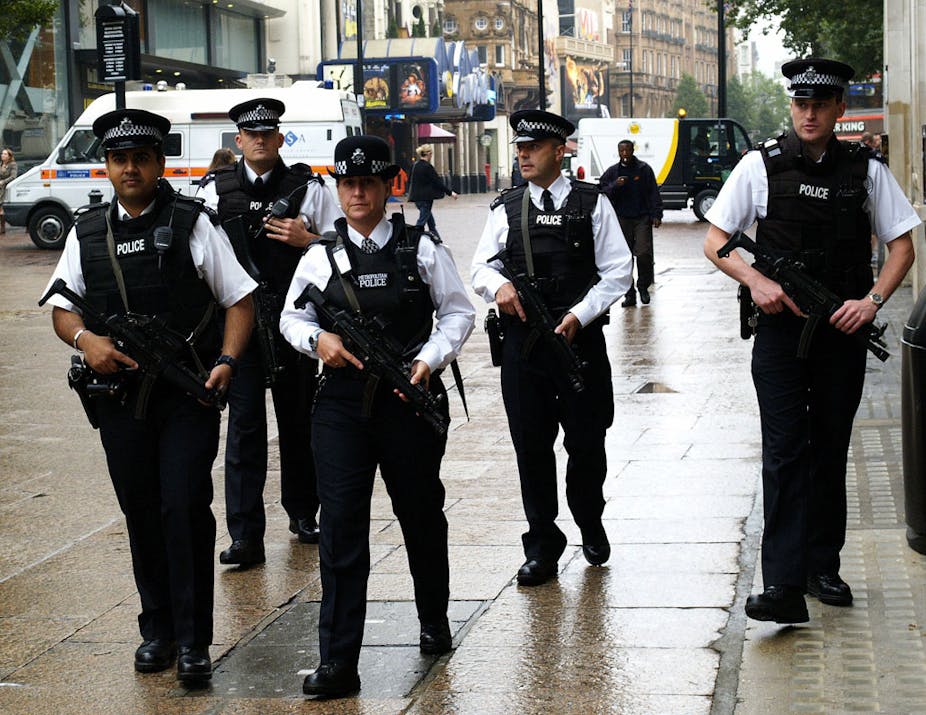The “plebgate” saga has once again raised questions about police integrity and dented public trust and confidence in policing more generally. Building such trust was, of course, one of the coalition government’s arguments for introducing police and crime commissioners (PCCs). Elections for the first PCCs took place exactly a year ago and despite initial criticisms, they do appear to be making a difference.
It was, we all remember, an inauspicious start. The elections mustered an embarrassingly low turn-out of between just 13% and 20%. This was a result of an almost complete lack of publicity on the new PCC role ahead of the votes. Most voters were not given leaflets about the candidates and the polling date was set in November, when no other local or national elections were taking place.
Matters only seemed to get worse in the months following the elections as the media attacked the decision to appoint deputy commissioners and youth commissioners and reported disagreements and discord with chief constables and discontent over policy priorities and budget decisions.
But one year on, with PCCs becoming established in their roles, the picture has begun to look rather more settled. It is, for sure, too soon to assess the impacts – beneficial and otherwise – of the new police governance framework. But a recent round of interviews with a small sample of PCCs, including Conservative, Labour and independent office holders, has highlighted how the directly-elected model of governance already seems distinctly different from the previous regime of police authorities.
The new PCCs are giving much more priority to public engagement. They are out and about on a near daily basis, presenting themselves and taking feedback at council meetings, in open public meetings, and indeed, in shopping precincts and market squares around their (very large) patches. They are also all actively exploiting the potential of Facebook, Twitter and other social media in reaching out and communicating and handling considerably more direct correspondence and telephone calls from citizens. Their public profile is already much higher than that of police authorities.
There is also a stronger sense of local leadership to their work. The Home Office has admirably resisted the temptation to try to drive the new system and impose its own perspectives and priorities on PCCs. Although cuts in all police budgets have been driven by reductions in Home Office grants, Westminster and Whitehall have generally allowed PCCs to get on with the job locally as each considers best. As a result, there is more diversity between the PCCs with regard to their approach and priorities in the role than was previously apparent with police authorities.
Relationships and accountabilities with chief constables and with other criminal justice and local governance agencies are intriguingly variable, as each PCC brings their own personality and preferred style to the role. Indeed, it is clear that the different career backgrounds and experiences of each PCC are colouring and shaping their approach to the role and their priorities.
By the time of the next PCC elections –- scheduled for May 2016 –- it will be interesting to gauge the significance and durability of these early signs of change towards stronger democratic engagement and local accountability, and to see what, if any, implications there might be for public trust and confidence in policing. At least a more lively public debate and much higher turn-out are surely to be expected next time.

